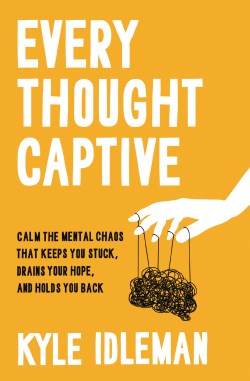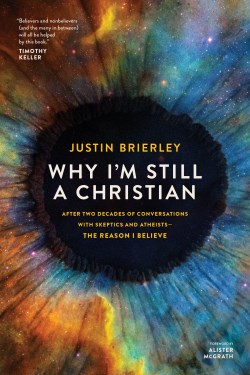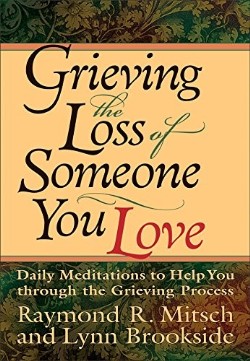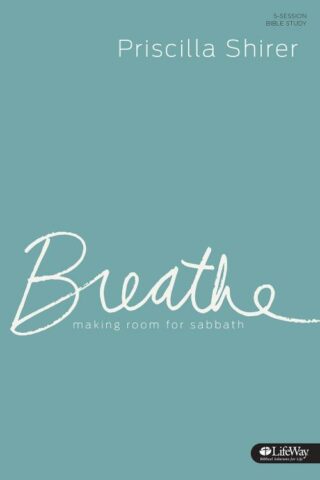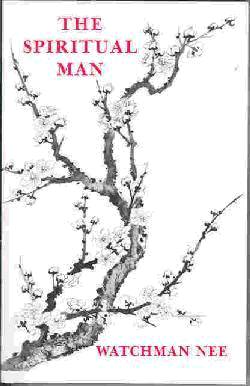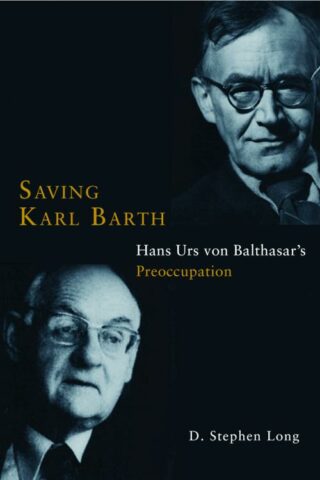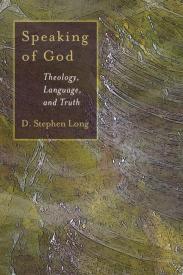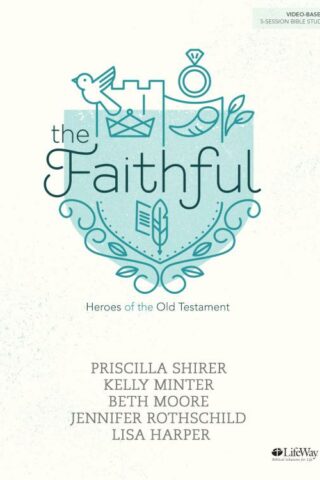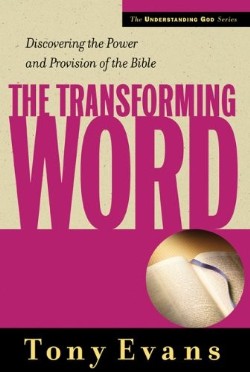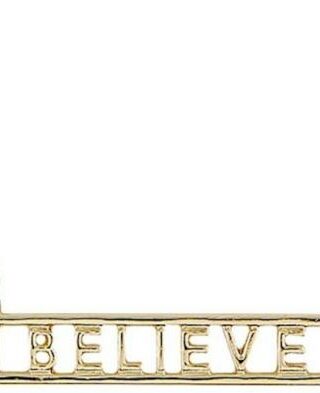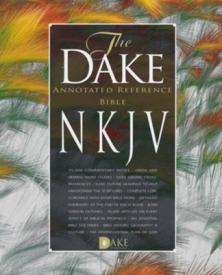D. Stephen Long
Showing all 2 resultsSorted by latest
-
Saving Karl Barth
$81.66Contents:
Introduction
1. Saving Karl Barth: Hans Urs Von Balthasar’s Preoccupation
2. Presenting And Interpreting Karl Barth
3. Collapse Of Balthasar’s Interpretation
4. The Realm Of God
5. The Realm Of Ethics
6. The Realm Of The Church: Renewal And UnityAdditional Info
Challenging recent rejections of Hans Urs von Balthasar’s groundbreaking study of Karl Barth’s theology, Stephen Long argues that these interpreters are impatient with the nuances of Balthasar’s reading and fail to appreciate the longstanding theological friendship between the two. Long offers a substantial defense of Balthasar’s theological preoccupation with Barth’s thought and explores the friendship that developed between Balthasar and Barth.Re-evaluating Balthasar’s theological work on Barth, Saving Karl Barth provides a critical new reading of Balthasar’s original volume and a wider account of the systematic engagement Balthasar carried on throughout his career.
Add to cartin stock within 3-5 days of online purchase
-
Speaking Of God
$37.99D. Stephen Long here addresses a key question in current theological debate: the conditions of the possibility of “God-talk,” along with attending questions about natural theology, fideism, and theological truth-claims. He engages not only the most significant contemporary theologians and philosophers on this score (Denys Turner, Bruce Marshall, John Milbank, Charles Taylor, Fergus Kerr) but also the legacy of twentieth-century theology (Barth, von Balthasar) and the analytic philosophical tradition from Wittgenstein to Davidson. Throughout, Long sustains a careful exegetical engagement with Aquinas, showing that what’s at stake in contemporary theology is just how we inherit St. Thomas.
In joining all of these voices into one conversation, Long does a remarkable job of surveying the current theological scene with respect to issues of language and truth, arguing for the need to deal head-on with classical questions of metaphysics. Central to his project is averting the charge of “fideism” so often laid at the feet of “postliberal” approaches (like Long’s). To that end Long argues for a (chastened) natural theology, while challenging any simple distinction between “natural” and “confessional” theology.
Add to cartin stock within 3-5 days of online purchase

